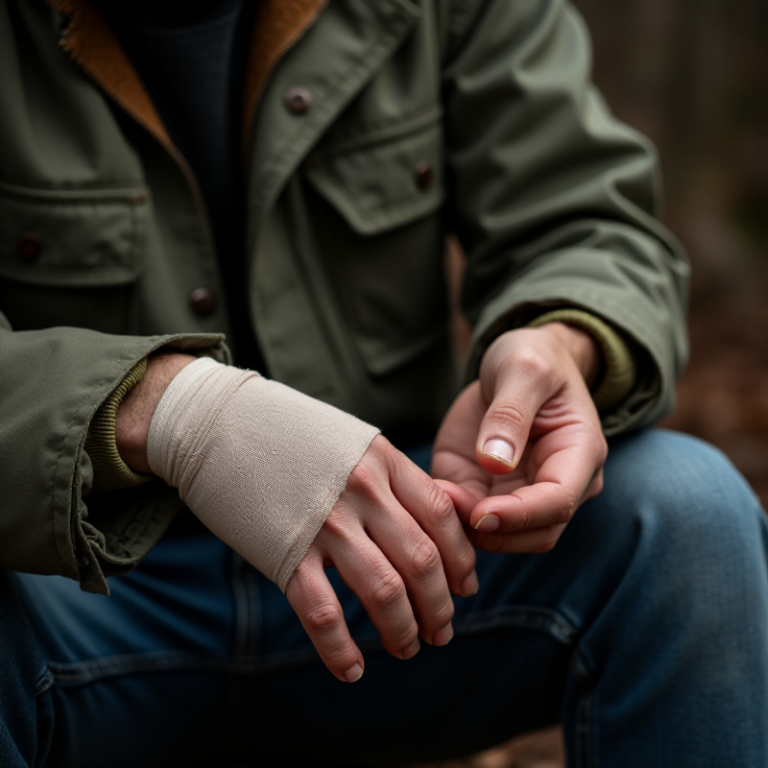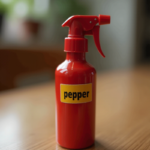Animal bites are a more common issue than many people think, and knowing how to handle them is essential. Whether it’s a dog, cat, or wild animal, the right response can make all the difference in preventing complications. By understanding the basics of animal bites and how to manage them effectively, you can ensure you, your loved ones, or even strangers stay safe and recover quickly.
Understanding the Risk of Animal Bites
Animal bites can range from minor scratches to severe injuries, depending on the animal and circumstances. Dogs are the most common culprits, but cats, wild animals, and even smaller pets like rodents can inflict bites. The main risks associated with animal bites include infection, bleeding, and in rare cases, diseases like rabies or tetanus.
Infections occur when bacteria from an animal’s mouth—or from your skin—enter the wound. Cat bites, for instance, are more likely to cause infections because their sharp teeth can create deep puncture wounds that are harder to clean. Being prepared to act swiftly after an animal bite can reduce these risks.
Immediate Steps to Take After an Animal Bite
Acting quickly is vital when you or someone else experiences an animal bite. Follow these essential first-aid steps:
- Clean the Wound Thoroughly
Wash the bite with soap and water for at least five minutes. This step helps remove dirt and bacteria that could cause infections. - Control the Bleeding
Use a clean cloth or sterile bandage to apply gentle pressure to the wound until the bleeding stops. If the bleeding is severe, seek emergency medical help immediately. - Disinfect and Cover the Bite
Apply an antiseptic solution to reduce the risk of infection, and cover the wound with a sterile bandage or dressing. - Monitor for Infection
Watch for signs of infection like redness, swelling, warmth, or discharge from the wound. If any symptoms appear, consult a healthcare professional right away. - Seek Medical Attention if Necessary
For bites from wild animals, stray pets, or any bite that breaks the skin, visiting a doctor is crucial. They can evaluate the need for a tetanus shot, antibiotics, or a rabies vaccine.
When to Call a Doctor
While minor animal bites can often be treated at home, certain situations require professional medical care.
- The bite is deep, and bleeding won’t stop after applying pressure for 10 minutes.
- You were bitten by a wild animal, such as a raccoon, bat, or skunk.
- Signs of infection, such as pus, redness, or fever, develop.
- The person bitten hasn’t had a tetanus booster in the last five years.
- A child or elderly person with weaker immune defenses is bitten.
Preventing Animal Bites
Preventing bites is always better than treating them. Here are practical tips to reduce the risk:
- Teach children safe behavior around animals, like avoiding sudden movements or pulling on ears and tails.
- Avoid feeding or approaching wild animals. Admire wildlife from a safe distance.
- Understand pet behavior. Recognize warning signs like growling, hissing, or raised fur that indicate an animal feels threatened.
- Stay up-to-date on vaccinations for pets, including rabies.
Handling Pet vs. Wild Animal Bites
The management of animal bites can differ depending on the animal involved.
- Pet Bites: Often less dangerous if the pet is vaccinated, but still clean and monitor the wound carefully. If unsure about vaccination status, see a doctor.
- Wild Animal Bites: These pose a higher risk of rabies. In such cases, seek medical attention immediately and report the incident to local authorities or animal control.
Animal bites are an unpleasant experience, but proper first aid and swift action can keep them from becoming serious. Whether it’s a small pet nip or a more significant injury, knowing how to respond ensures a safer outcome. Stay calm, act quickly, and remember that a doctor’s visit is always wise if you’re uncertain about the severity of the bite.
By understanding the basics of managing animal bites, you’re better prepared to handle an unexpected situation confidently.



